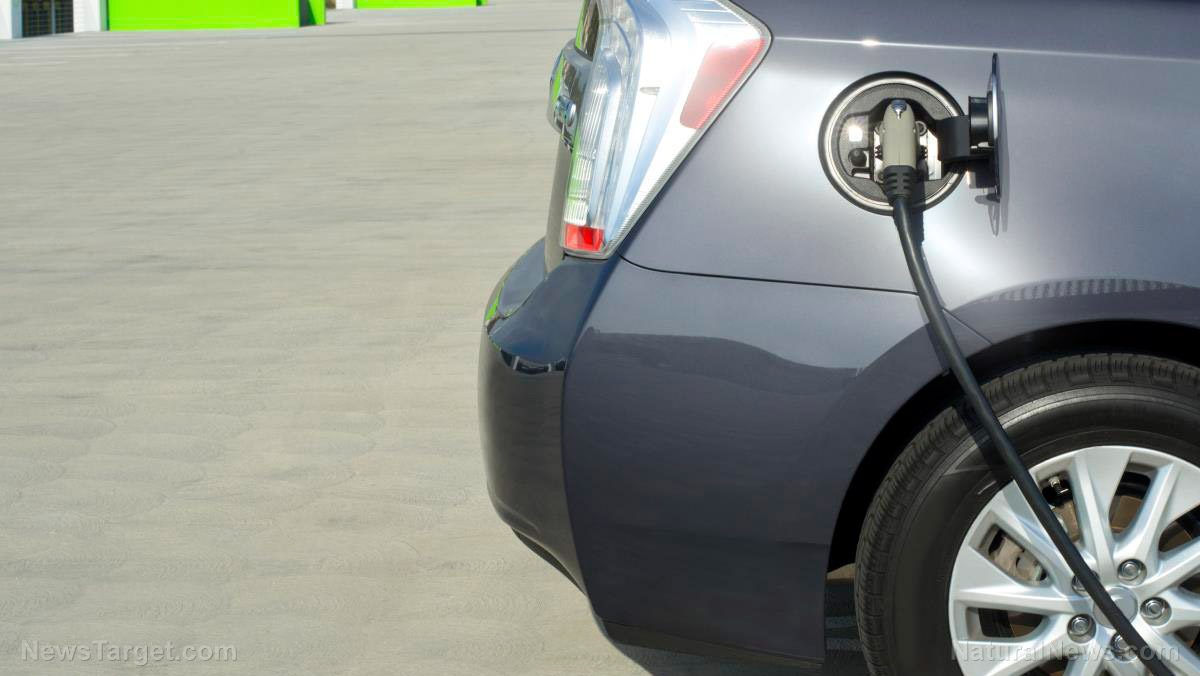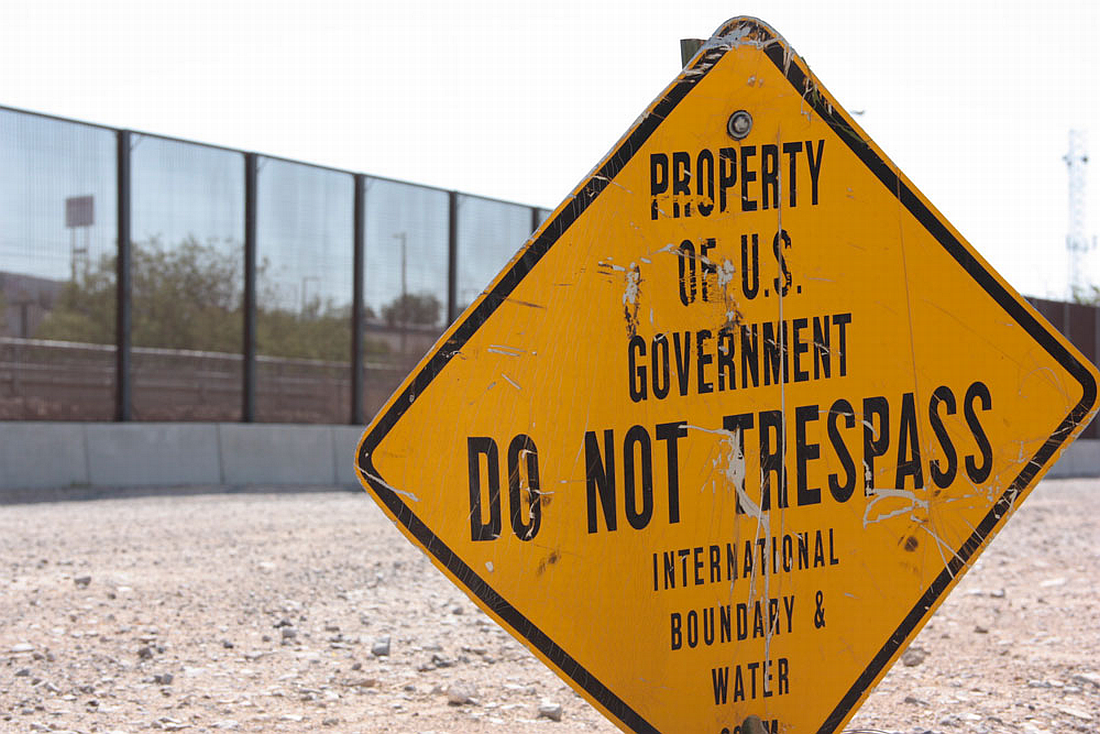
Several states are following California's example of banning gas-powered vehicles in favor of electric vehicles (EVs). Such a ban is unnecessary as states should simply follow the federal Clean Air Act, which mandates federal vehicle emissions standards.
Oregon and Washington are set to follow the Golden State's ban. The Beaver State revised its Advanced Clean Cars II order to include a ban on gas-powered cars by 2035. Meanwhile, the Evergreen State said it will adopt a version of California's ban by the end of 2022.
Over at the East Coast, New York Gov. Kathy Hochul signed Senate Bill S2758 in 2021. The proposal effectively banned gas-powered vehicle sales by implementing a "zero-emission" in-state sales goal of 100 percent by 2035.
Other states like Delaware, New Mexico, Pennsylvania, Maryland and Nevada have regulations requiring a certain percentage of vehicles sold to be "zero-emission" by a specific date.
Some others, however, pushed back against the outright ban on cars that run on diesel and gasoline.
Colorado said it will not adopt the standard for now because it is flawed. The Colorado Energy Office explained that while Gov. Jared Polis favored the shift to EVs, "he is skeptical about requiring 100 percent of cars sold to be electric by a certain date as technology is rapidly changing."
Maine Gov. Janet Mills, meanwhile, said on Aug. 30 that she does not support the ban. She added that the Pine Tree State would not be included to adopt any mandate along those lines. Instead, Mills suggested that both EVs and rebates should be available, "but not a mandate."
Virginia is exploring legal options to resist, while Rhode Island is not yet required to ban gas-powered vehicles as two bills filed for that purpose in its legislature were held for further study.
In Minnesota, the prohibition is facing legal action as the Minnesota Auto Dealers Association (MADA) challenged it in 2020. MADA filed a complaint with the State Court of Appeals, arguing that the law improperly delegates the state's authority to the California Air Resources Board (CARB).
Experts: CA's electric grid may be unable to support simultaneous EV charging
In August, CARB voted to ultimately phase out gas-powered cars by 2035, and all efforts are exerted starting now as the state already banned the sale of gasoline-powered cars. (Related: GREEN GOES STUPID: California to ban sale of gasoline-powered cars by 2035.)
However, experts say significant investments in grid infrastructure will need to happen to make this a reality.
University of California Irvine (UCI) researchers have been conducting much of that study, learning what exactly will be needed to make all cars zero emissions over the next decade.
"The grid does not currently have the capability to add millions of battery electric or even fuel-cell electric vehicles today," said Jack Brouwer, a professor of mechanical and aerospace engineering at UCI. "So, we have some time to make reasonable investments in the grid to enable this to actually happen and to happen well."
Southern California (SoCal) Edison, which provides power to nearly 14 million customers, said it is already making investments in the grid.
SoCal spokesperson Paul Griffo told CBS Los Angeles (CBSLA): "Southern California Edison is investing over $5 billion in modernizing the grid, so that we can handle the additional needs of our customers in the future, including electric cars."
Brouwer, however, said California will need to think about more than just battery electric cars in order for the change over to be successful and showed CBSLA a hydrogen-powered vehicle.
"If we only use battery electric vehicles, we will fail," Brouwer warned. "The grid cannot charge every single transportation application. We must invest in both battery-electric vehicles and fuel-cell electric vehicles."
He further stated that if half of the drivers in 2035 have hydrogen-electric vehicles, the power grid will not be as stressed. Those people can fill up their cars at hydrogen stations, which are much like gas stations, and will hopefully become more available throughout the state in the coming years.
Visit GreenTyranny.news for more news related to states' favoring electric cars over gasoline-powered vehicles.
Watch the below video that talks about the green tyranny deal of banning gas vehicles.
This video is from the Sword & Shield channel on Brighteon.com.
More related stories:
California electric company admits it will NEVER be able to charge everybody's electric vehicles.
Honda, LG to build $4.4 billion electric vehicle battery plant in the US.
EV price hikes cancel out $7,500 tax credits offered by government under Inflation Reduction Act.
Sources include:
Please contact us for more information.
















